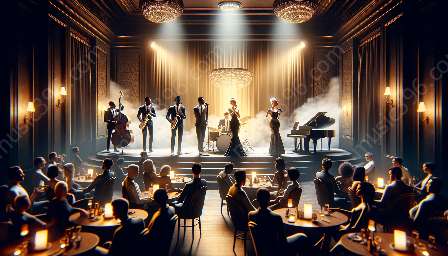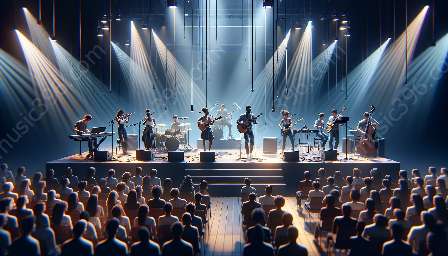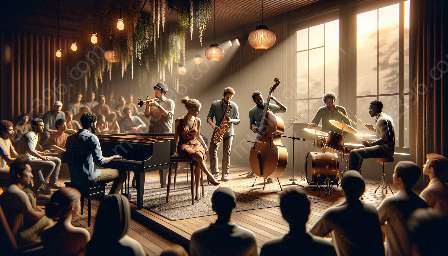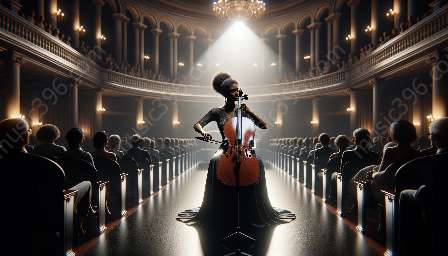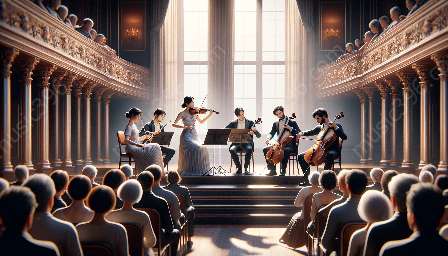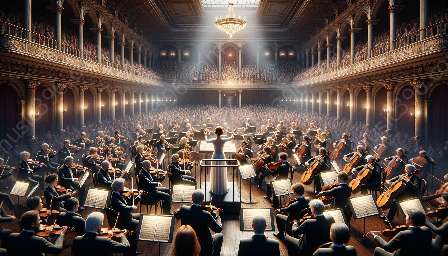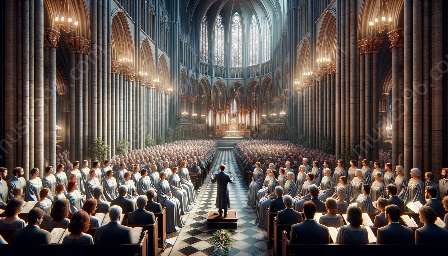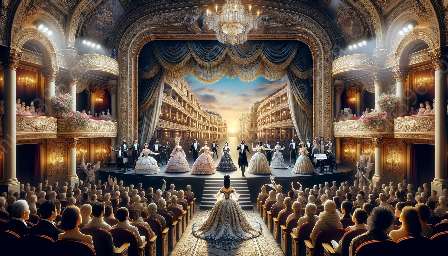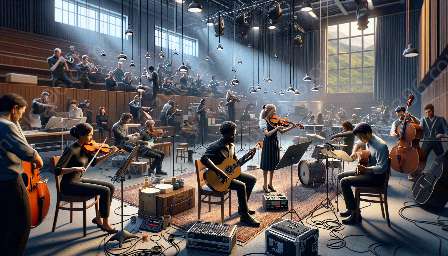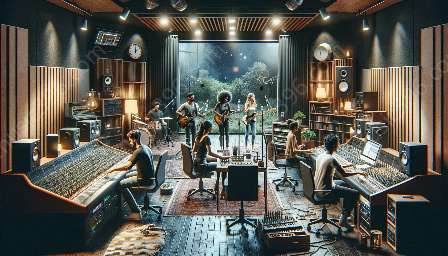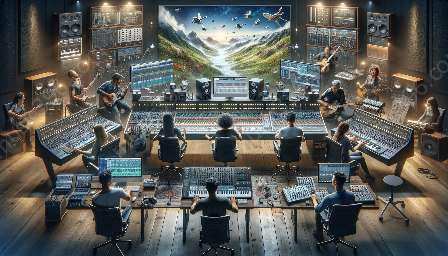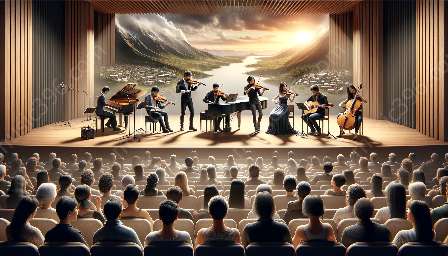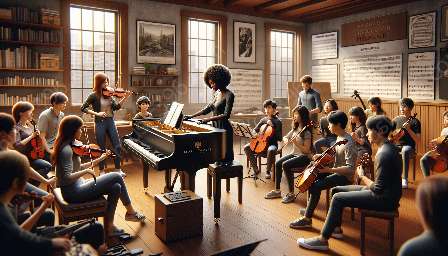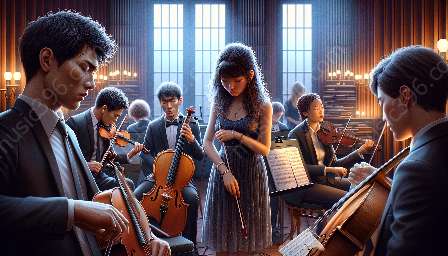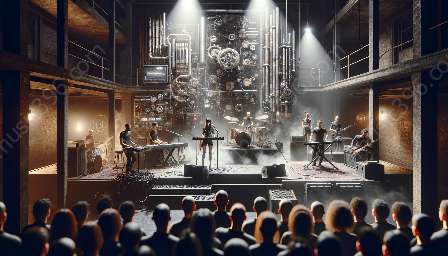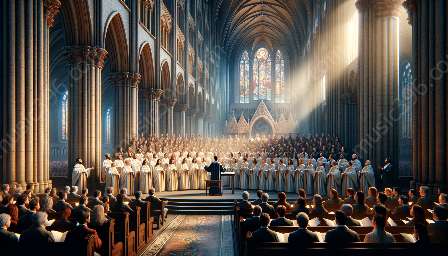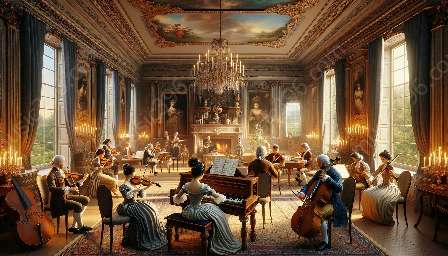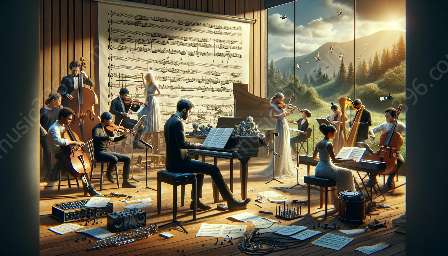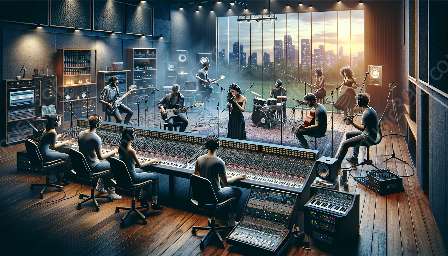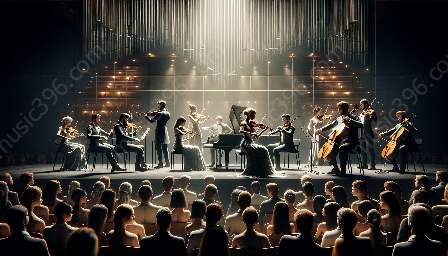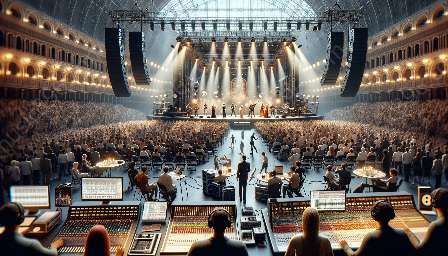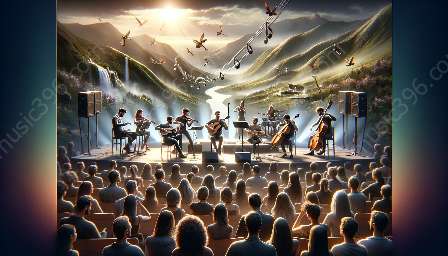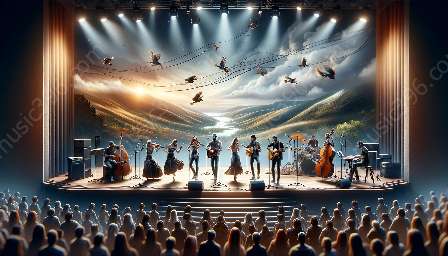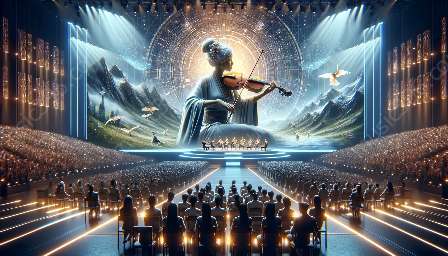Music performance has always been a cherished and essential aspect of human culture. Throughout history, there have been numerous breakthroughs in music performance that have shaped the way we perceive and experience music. From amateur musicians to professional maestros, these advancements have had a profound impact on how music is created, interpreted, and appreciated.
Amateur vs Professional Music Performance
Before delving into individual historical breakthroughs, it's important to understand the distinction between amateur and professional music performance. While both amateurs and professionals share a love and passion for music, professionals have dedicated their lives to mastering their craft and often perform as a means of livelihood. Amateurs, on the other hand, engage in music performance as a hobby or personal expression, often without financial gain as their primary motivation.
Despite this difference, both amateur and professional music performance have contributed to the rich tapestry of music history. Amateurs have often been the driving force behind the preservation and dissemination of traditional music, while professionals have continuously pushed the boundaries of artistic expression and technical prowess.
Key Historical Breakthroughs
1. Invention of Musical Notation
The development of musical notation was a pivotal breakthrough in music history. Prior to the invention of notation, music was primarily an oral tradition, passed down through generations by memorization and oral communication. However, with the emergence of musical notation in the Western world around the 9th century, composers and performers gained a powerful tool for preserving and sharing their musical creations. This breakthrough allowed for the dissemination of complex musical compositions and facilitated the rise of professional musicians and composers.
2. The Renaissance Period
The Renaissance period (14th to 17th centuries) marked a significant shift in music performance. It saw the rise of polyphony, a style of musical composition that involved multiple independent melody lines, creating intricate and harmonically rich compositions. This era also witnessed the development of new musical instruments and the establishment of professional guilds and court musicians, leading to a flourishing of professional music performance.
3. The Invention of the Piano
The invention of the piano by Bartolomeo Cristofori in the early 18th century revolutionized music performance. Unlike its predecessors, the piano offered dynamic control, allowing performers to express a wide range of emotions through nuanced touch and articulation. This breakthrough instrument spurred the development of new musical genres and performance styles, and its popularity led to the establishment of virtuoso pianists as iconic figures in the realm of professional music performance.
4. The Advent of Recording Technology
The late 19th and early 20th centuries brought about another seismic shift in music performance with the advent of recording technology. The ability to capture and reproduce sound transformed the way music was experienced, allowing performances to be preserved and distributed on a mass scale. This breakthrough democratized access to music, enabling both amateur and professional performances to be heard by audiences around the world.
5. The Rise of Electronic Instruments
The development of electronic instruments in the 20th century opened up new avenues for music performance. From synthesizers to digital samplers, electronic instruments provided musicians with unprecedented sonic capabilities and expanded the possibilities of live and recorded music. This breakthrough also blurred the line between amateur and professional music performance, as technology made it easier for individuals to create and share music without the need for traditional training or resources.
Impact of Breakthroughs on Music Performance
These historical breakthroughs have had a profound impact on the evolution of music performance. They have shaped the way music is composed, performed, and consumed, influencing both amateur and professional musicians. Notation allowed for the preservation of musical works and the proliferation of professional composers and performers. The Renaissance period elevated the standards of musical composition and performance, leading to the establishment of professional musicians as essential figures in society. The piano and recording technology transformed the sonic landscape and accessibility of music, while electronic instruments continue to redefine the possibilities of musical expression.
Throughout history, these breakthroughs have continuously pushed the boundaries of music performance, inspiring both amateur and professional musicians to innovate and create. They serve as a testament to the ever-evolving nature of music and its profound impact on human culture and expression.

